Key highlights
- Nigeria has recorded its first crude oil output dip in 2023.
- Crude oil output dipped to 1.2 million barrels per day.
- The country is still struggling with crude oil theft and other factors that have hampered crude oil production in the past.
A report by the Nigerian Upstream Petroleum Regulatory Commission (NUPRC) has shown that Nigeria recorded 1.26 million barrels per day of crude oil production in March 2023.
In the report, it was stated that in March 2023, Nigeria was only able to pump 1,268,202 barrels per day of crude oil. During the same period, the country produced 63,756 blended condensates and 185,469 unblended condensates, making a total of 1,517,426 for the period highlighted.
Although Nigeria has just recorded its first decline in crude oil production output for the year 2023, a recent report by Reuters indicated that Nigeria contributed to the recent increase in crude oil production of the Organization of Petroleum Exporting Countries (OPEC). On the other hand, Angola and Iraq recorded combined output losses of over 100,000 barrels per day.
According to Reuters, Nigerian production posted OPEC’s biggest increase in March, thereby bringing the country closer to a target to lift crude oil output to 1.6 million barrels per day.
Factors hampering oil production
Experts have said that Nigeria is still unable to meet its OPEC production quota at 1.8 million barrels per day and now the country is struggling to maintain the production growth it has recorded in the last seven months due to several factors. These include the lack of new oil discoveries as well as continuous crude oil theft and pipeline vandalism.
A staff of the Nigerian National Petroleum Company (NNPC) Limited, who spoke to Nairametrics on the condition of anonymity, said that although the federal government in collaboration with security agencies has implemented strategies to stem theft, there are still unchecked activities affecting production. Also, Nigeria is yet to develop its offshore oil blocks, as the NUPRC still has that plan in the pipeline.
The country is also battling maintenance costs as majors like TotalEnergies, and Equinor has divested some of their investments and exited some fields, leaving local operators who may struggle with the availability of funds for major exploration and production.
As Nigeria battles security, political and economic risks on various levels, international oil companies who have the funding capacity are investing in new frontiers in other African oil producers.
According to the State of African Energy Report by the African Energy Chamber released in October 2022, Libya, Chad, and Egypt are expected to become the biggest oil gainers from 2022 to 2030, while Nigeria, Ghana, Algeria, and South Sudan will see a reduction in the forecast from the outlook. The report says Nigeria has seen a dent in volumes due to closures and maintenance activities.
What you should know
The Organization of Petroleum Exporting Countries (OPEC) and their allies announced a surprise oil production cut on Sunday, April 2, in an attempt to stabilize the global oil market. This has taken Brent crude price to $85 per barrel.

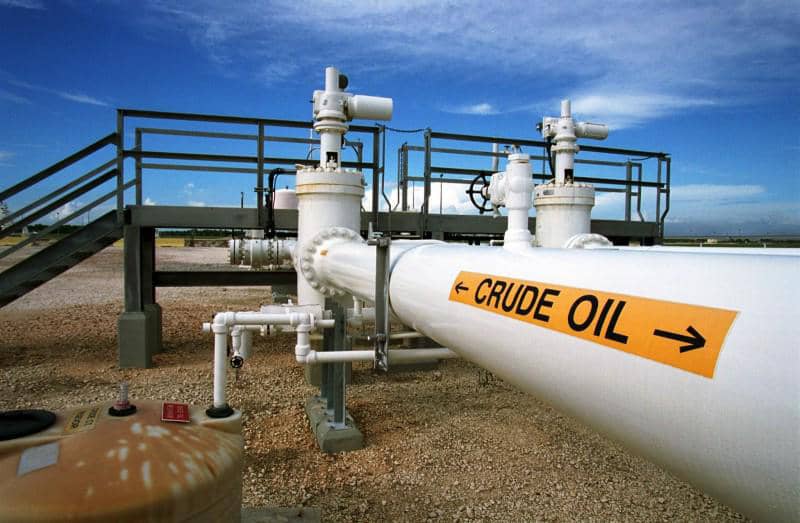






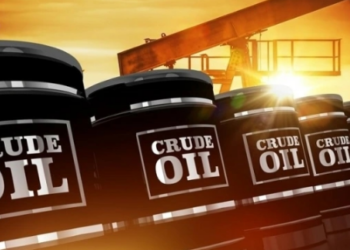
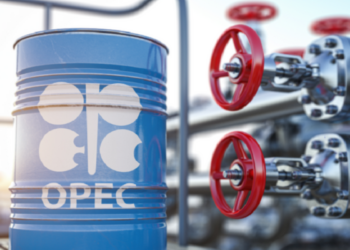
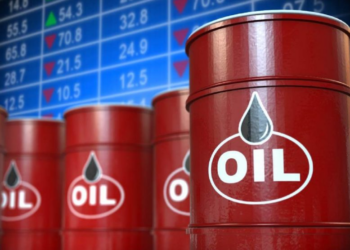
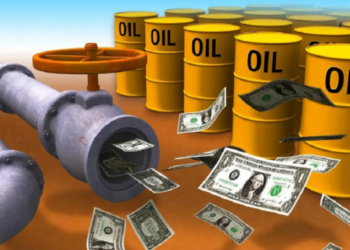

.gif)






